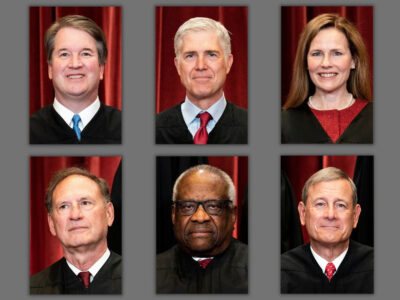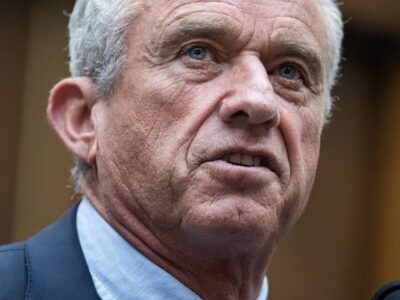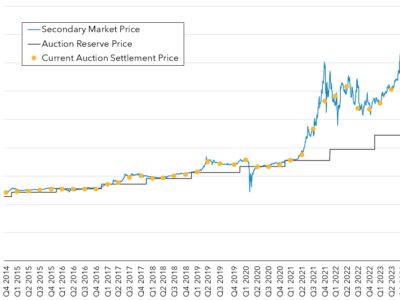Where Have You Gone, Jimmy Carter?

 When Paul Simon famously asked his nostalgic question about the whereabouts of Joe DiMaggio, it was only 16 years after Joltin’ Joe had retired from baseball. It’s 28 years since President Jimmy Carter left office. Is it time to become a little nostalgic about his energy policy? The question is prompted by Carter’s testimony, this week, before the Senate Foreign Relations Committee, where he declared, “I would guess that our entire status as a leading nation in the world will depend on the role that we play in energy and environment in the future.” President Carter warned the nation about this concern 32 years ago when he began crafting what became the most comprehensive package of energy legislation in U.S. history.
When Paul Simon famously asked his nostalgic question about the whereabouts of Joe DiMaggio, it was only 16 years after Joltin’ Joe had retired from baseball. It’s 28 years since President Jimmy Carter left office. Is it time to become a little nostalgic about his energy policy? The question is prompted by Carter’s testimony, this week, before the Senate Foreign Relations Committee, where he declared, “I would guess that our entire status as a leading nation in the world will depend on the role that we play in energy and environment in the future.” President Carter warned the nation about this concern 32 years ago when he began crafting what became the most comprehensive package of energy legislation in U.S. history.
The Joe-Jimmy comparison may be weak. After leaving office, Carter won the Nobel Peace Prize, while DiMaggio went on to become Mr. Coffee. Nonetheless the Carter energy policy was trashed quicker than Whitey Ford threw a fastball. Carter declared energy independence to be the “moral equivalent of war”, but he was criticized for wearing a cardigan sweater and suggesting that people needed to sacrifice. Sacrifice in the face of war was popular during World War II, but has not had much traction in recent years. Hindsight suggests that the war metaphor was apt – since President Ronald Reagan led the charge to abandon the Carter energy policy, the U.S. has twice invaded the Middle East, and has now cumulatively spent almost seven years fighting in Iraq.
The Carter Energy Plan was far from perfect. It reflected a misunderstanding about long-term natural gas supplies, and placed a major emphasis on the development of synfuels. However, it recognized the primacy of what we now call “energy efficiency” and led to the creation of the renewable energy industry. And, it required state regulators to consider innovative programs that have proven to be extremely effective in places where they were adopted.
There are many lessons that the Obama administration can learn from Carter’s efforts. Most significantly, Carter, in the face of oil embargos and gas rationing, was able to seize the moment and focus the attention of Congress on comprehensive legislation. On a more cautionary level, it did not take people long to forget about those gas lines, weaken implementation of Carter’s innovative policies, and turn a renewable energy program into a coal and gas program. The Public Utilities Regulatory Policy Act of 1978, which created a program under which utilities had to buy power from small renewable generators, paved the way for the energy act of 1992, which enabled conventional fossil fuel generators to sell directly to utilities and led to the electricity deregulation distraction that is still diverting way too much creative energy that ought to be focused on mitigating climate change. President Obama and the current Congress need not only to create enlightened energy policy, but also find ways to make it stick.








4 Replies to “Where Have You Gone, Jimmy Carter?”
Comments are closed.